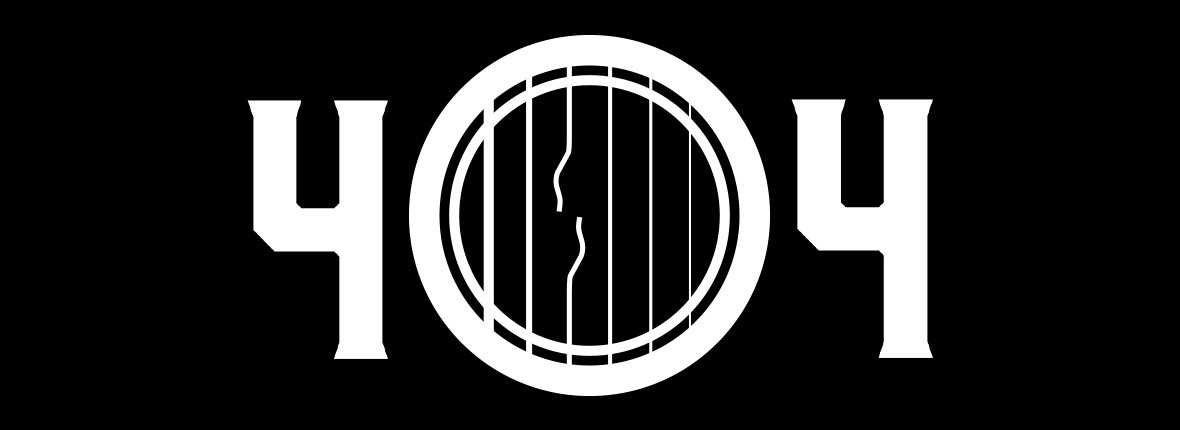Andertons Music Company's Registered Office: 58-59 Woodbridge Road, Guildford, GU1 4RF. Andertons Music Company acts as a credit broker and not a lender and only offers credit products from Secure Trust Bank PLC trading as V12 Retail Finance. Not all products offered by Secure Trust bank PLC are regulated by the Financial Conduct Authority. Andertons Music Company is authorised and regulated by the Financial Conduct Authority, firm registration number 716155. Credit provided subject to affordability, age and status. Minimum spend applies. Terms and Conditions apply. UK residents only. V12 Retail Finance Limited Registered in England and Wales 4585692. Registered office: V12 Retail Finance Limited Yorke House, Arleston Way, Solihull, B90 4LH. V12 Retail Finance is Authorised and regulated by the Financial Conduct Authority number 679653.
© 2025 ANDERTONS MUSIC COMPANY, ST VINCENT HOUSE, 58-59 WOODBRIDGE ROAD, GUILDFORD, SURREY GU1 4RF VAT NO. 211457986

